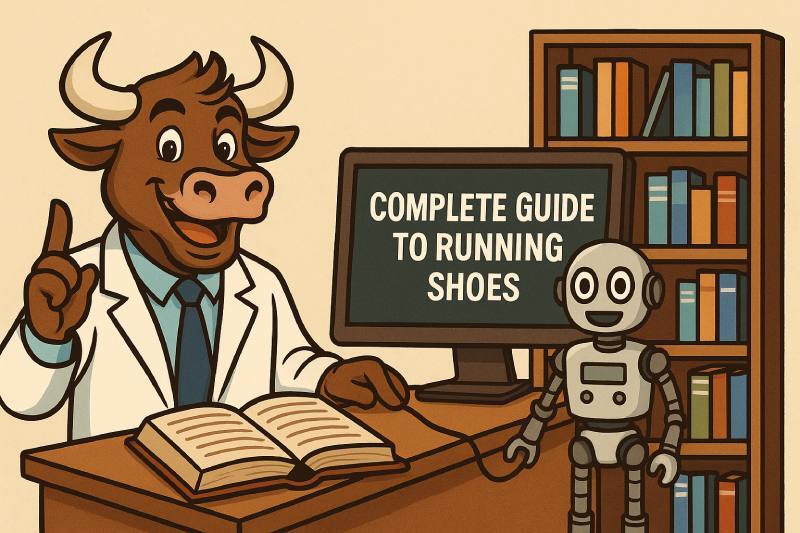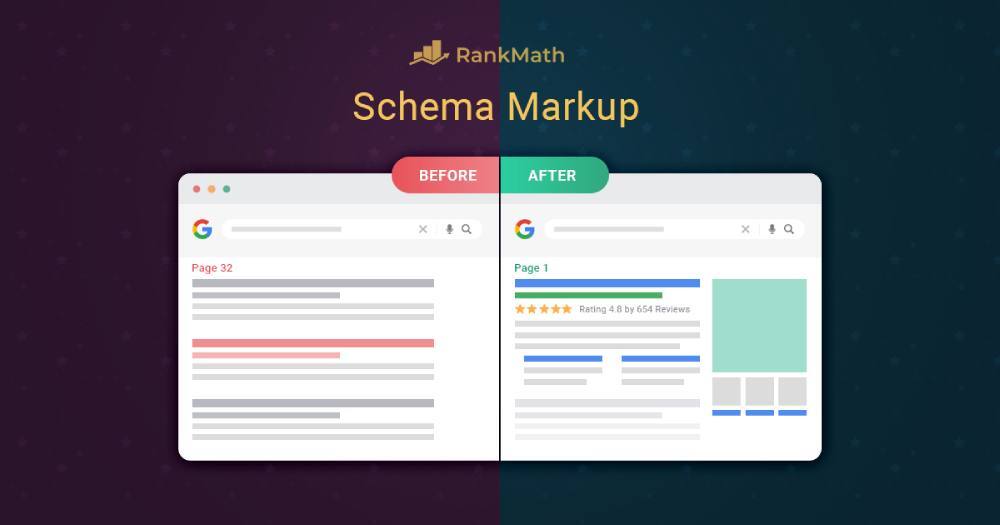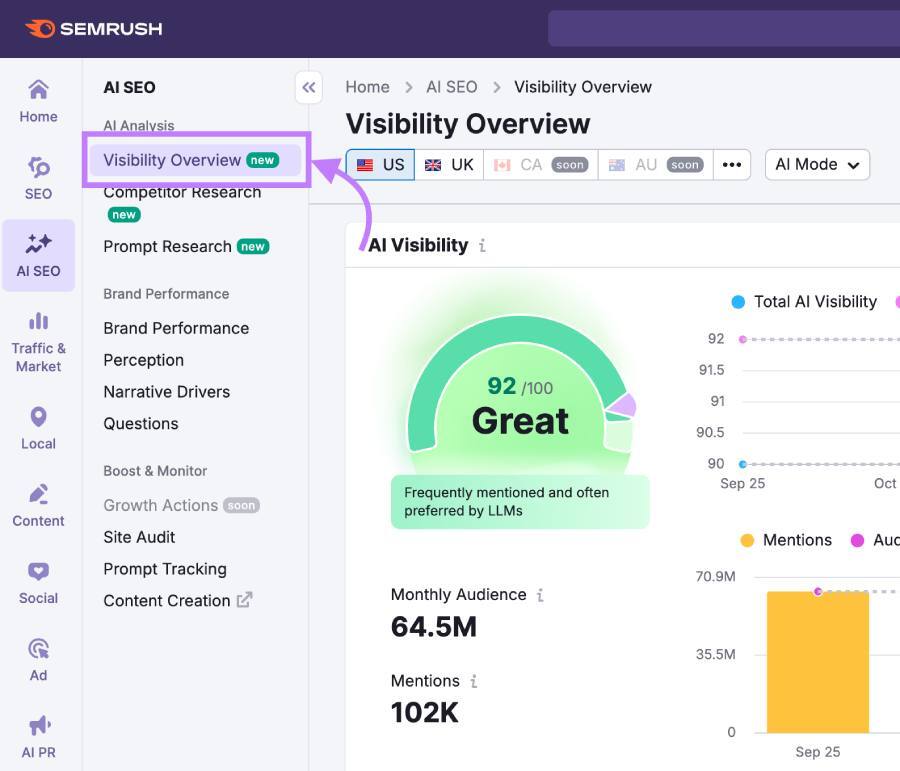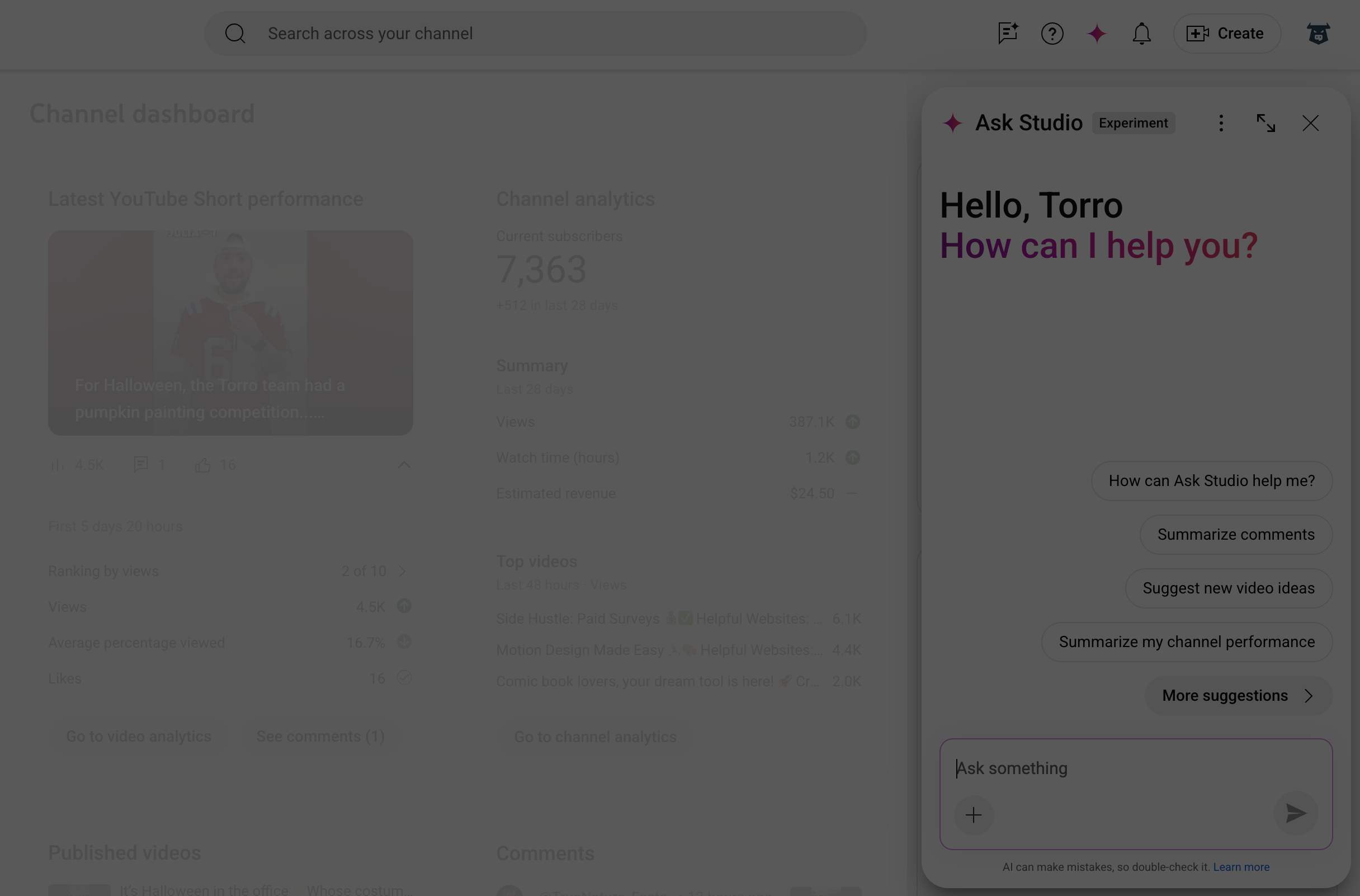Here’s the thing. Search is changing faster than most businesses realize. AI search users convert at 14.2%. Google search users convert at 2.8%. That means the volume isn’t big yet, but the intent is different. People coming from AI platforms already know what they want. They’ve skipped the browsing stage.
And next year, most searches will be answered before anyone clicks your site.
So the goal isn’t more traffic. The goal is to become the source AI trusts and cites.
TLDR / Key Summary
- AI search users convert 5x higher than traditional search users
- Traffic will drop, but buyer intent will rise
- Depth of topic > keyword repetition
- Authority is now about who is saying it, not just what is written
- Structure your content so AI can understand and quote it
- Track AI citations, not just rankings

Why AI Search Changes the Game
Traditional SEO focused on ranking on Google. Get clicks. Capture leads.
But AI answers questions before the click happens.
So the question becomes:
When AI explains your topic, does it quote you?
If yes, you still win.
If not, you disappear.
1. Topic Depth Now Beats Keyword Quantity
Keyword density died a long time ago.
Tests across 250,000+ search results (ClickStream, 2025) showed this:
Topical depth and internal structure predict rankings better than traffic or domain size.
How to build topical authority:
- Start with one “pillar page”
- Write 10–20 supporting articles that go deeper into subtopics
- Interlink everything the same way chapters reference each other in a book
Example:
Pillar: Complete Guide to Running Shoes
Subtopics:
- Best shoes for flat feet
- Running shoe foam explained
- How to choose size
- Road vs trail
- Injury prevention tips
- And so on
Google recognizes coverage. Not just keywords.

2. Authority Now Comes From Recognizable Sources
AI doesn’t just ask “What is the answer?”
It asks “Who said it?”
Average content from a known expert beats excellent content from an unknown voice.
This is where most businesses fall behind.
Build authority using:
- Real author credentials
- Case studies with numbers
- Interviews or quotes in relevant media
Brands with external mentions get cited 3–4x more in AI search responses.
Even unlinked mentions help.
Your footprint matters now.

3. Structure for AI Extraction
Ranking first doesn’t matter if AI summarizes your page and nobody clicks.
But here’s the upside:
- AI traffic made up less than 1% of total visitors
- Yet drove 9.7% of B2B revenue and 11.4% of B2C revenue (NP Digital, 2025)
These users arrive pre-sold.
To get cited:
- Short paragraphs
- Direct answers
- Clear “People Also Ask” Q&A sections
- Bullets where needed
Make your page the easiest one for AI to quote.

4. Feed the Machines the Right Inputs
If AI can’t parse your structure, it ignores you.
Use:
- FAQ schema
- How-To schema
- Review schema
- Tables for data
- Clear headers
- Unique frameworks and terminology
You’re training the AI to remember you.
If you want AI to explain your method, name your method.

5. Track AI Mentions, Not Just Rankings
Open your article in ChatGPT or Perplexity.
Ask it: “Summarize this page.”
If your key points don’t show up, your structure isn’t clear enough.
You don’t just want to rank.
You want to be remembered.
Make the language so clear that AI quotes it exactly as written.

The Real Goal Going Forward
The goal is not more traditional clicks.
The goal is to become the source AI trusts.
That’s how visibility works in the AI era.
Not by shouting louder.
Not by writing more.
By writing clearer, deeper, and with authority.
You don’t need to chase the flood.
You need to own the well.
If you need help with SEO services and optimizing for AI Search, let us know!
Horns up. Let’s get to work!



